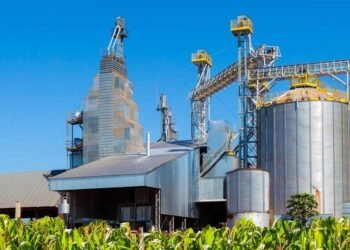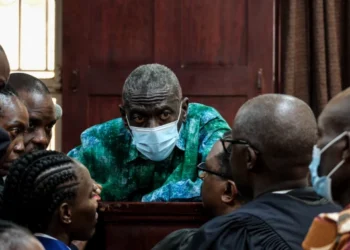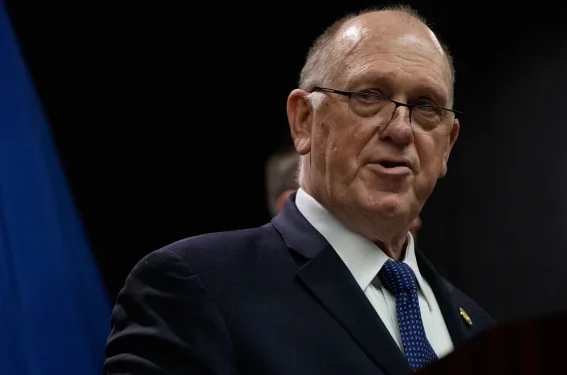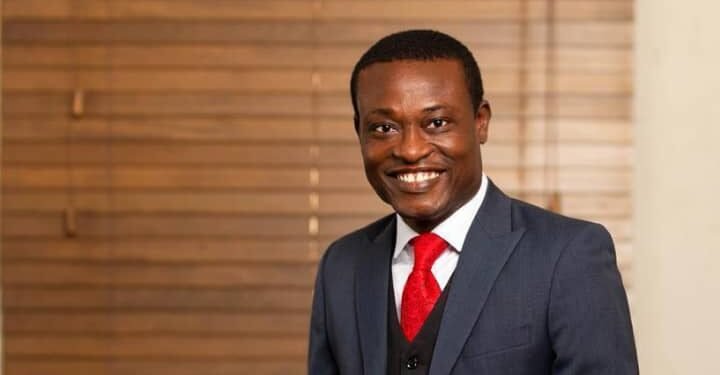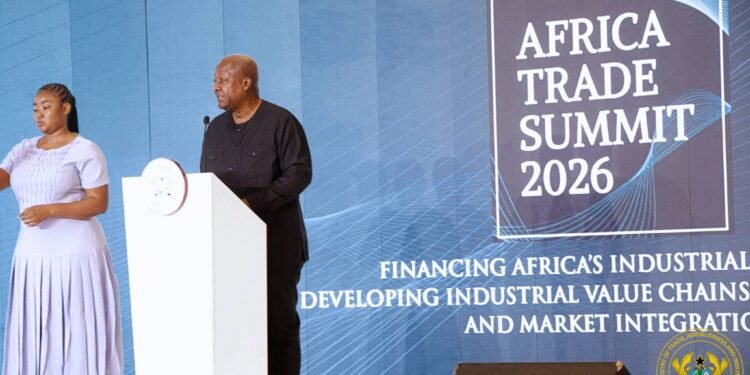In a move that could drastically reshape Senegal’s economic future, the government has unveiled an ambitious 25-year development plan.
President Bassirou Diomaye Faye, who took office in April, aims to increase individual incomes by nearly 50% within the next five years while slashing national debt and budget deficits. This extensive plan is part of the president’s promise to free Senegal from foreign dependency and steer the country toward self-sufficiency.
The “Senegal 2050: National Transformation Agenda” is more than just a vision for short-term economic gain. It aims to make Senegal a “development model for Africa,” according to Faye, by leveraging local resources and human capital and reducing reliance on foreign debt. The country, rich in natural resources like oil and gas, hopes to harness these assets to fuel its economic growth.
Prime Minister Ousmane Sonko highlighted the central aim of breaking the “vicious circle of dependence and underdevelopment” that has plagued Senegal for years. Despite its resources, Senegal ranks low — 169th out of 192 nations — on the UN Human Development Index.
The country’s high unemployment rate, which hit 21.6% in the second quarter of 2024, coupled with widespread poverty, has driven many Senegalese to leave the country in search of a better life.
Transformative Vision Amid Parliamentary Tensions
Faye’s six months in power have been far from smooth. The president dissolved an opposition-dominated parliament in mid-September, setting the stage for snap elections on November 17.
His development agenda comes at a time when he faces significant political opposition, but he remains undeterred in his vision for Senegal.
According to Souleymane Diallo, director-general of planning at the economy ministry, the transformation plan aims to stimulate economic growth to between 6.5% and 7% from 2025 to 2029. The government also aims to reduce public debt from 83.7% of GDP in 2023 to 70% by 2029. In addition, Diallo emphasized that inflation would be controlled at around 2%, making life more affordable for the general population.
“These generally imposed choices have not only limited our development potential, but have also deprived the country of control over its destiny,” President Faye said, denouncing what he described as years of economic inefficiencies and poor leadership.
Focus on Human Capital and Sustainability
The government’s development agenda is heavily focused on Senegal’s human capital. Faye promised sweeping reforms in education, infrastructure, and healthcare. “We will fight corruption hard,” Faye said, reiterating that governance will be key in ensuring the success of the “Senegal 2050” plan.

Education will play a central role in the country’s transformation, with significant investments aimed at creating a skilled workforce capable of supporting the plan’s long-term goals.
One of the core aspects of the strategy is to boost key economic sectors like agriculture, extractive industries, and technology, which are expected to become drivers of sustainable growth.
Prime Minister Sonko echoed Faye’s sentiments, emphasizing the need for sustainable and inclusive growth. Senegal plans to develop eight regional hubs, each connected by road, rail, and river networks, which will facilitate commerce and transportation. Renewable energy sources, such as solar and wind, are also part of the long-term plan to ensure the country’s development is environmentally sustainable.
Midway Target, 50% Increase in Income
One of the plan’s most striking goals is the projected increase in average individual income from $1,660 to around $2,468 — a 50% rise in just five years. If achieved, this could be a game-changer for many Senegalese families who have struggled with high unemployment and low wages. This economic growth would also help combat poverty, affecting four out of ten Senegalese citizens.
In addition to economic growth, the plan also targets improvements in life expectancy. Diallo stated that life expectancy is expected to increase by at least three years from the current 69 years.
By focusing on local resources, improving infrastructure, and emphasizing good governance, Senegal aims to become a more prosperous and self-sufficient nation by implementing the current development plan.
READ ALSO: Oxlade Reveals There’s More Love in Ghana Than Nigeria





